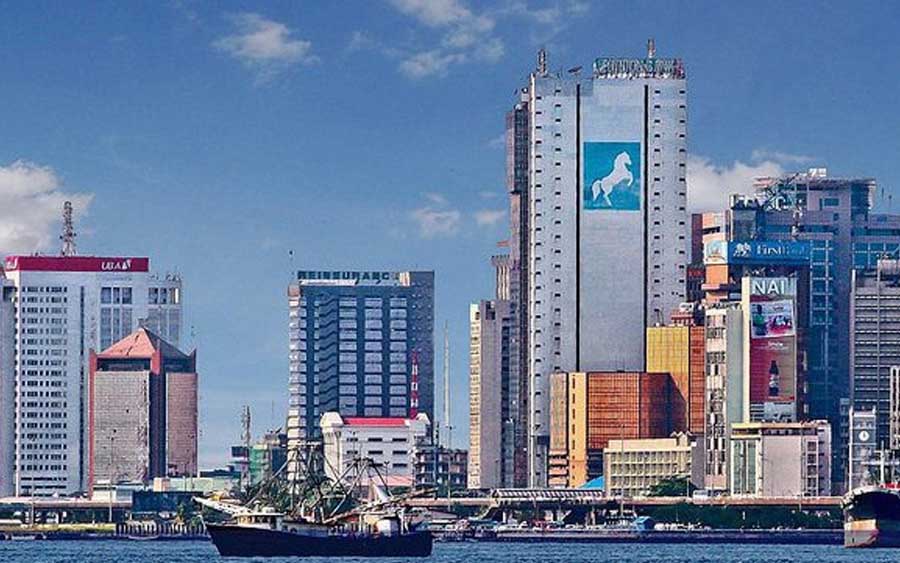
ESG stands for Environmental, Social, and Governance, and it represents three critical factors in measuring the sustainability and societal impact of a business or investment.
Years back, Environmental, Social, and Governance (ESG) considerations held little interest. However, shifts in social awareness driven by increasing environmental hazards from corporate pollution and the disruptive impacts of the COVID-19 crisis have sparked renewed attention.
Today, business leaders recognize that practices like environmental stewardship, equitable labour standards, work-life balance, and robust governance are essential components of effective risk management and corporate strategy, rather than mere financial burdens.
In Africa, the adoption of ESG principles has been gaining traction alongside global trends. Nigeria, the continent’s most populous nation, is one of the countries taking the lead in this initiative.
The Independent Project Monitoring Company (IPC) recently assessed 29 Nigerian banks on their Environmental, Social, and Governance (ESG) practices and reporting.
According to the IPC, the ratings were benchmarked against the leading global ESG rating companies such as S & P Global and MSCI Sustainability Ratings.
The ranking allocated a total of 13% for environmental factors, 43% for social factors and 44% for governance factors.
Below are the 10 Nigerian banks with the highest ESG ranking:
| Rank | Bank | ESG rating |
|---|---|---|
|
1 |
Zenith Bank |
65.22% |
|
2 |
Access Bank |
60.33% |
|
3 |
Stanbic IBTC |
60.16% |
|
4 |
Fidelity Bank |
57.73% |
|
5 |
United Bank for Africa |
57.19% |
|
6 |
Sterling Bank |
55.10% |
|
7 |
FCMB |
54.97% |
|
8 |
WEMA |
54.64% |
|
9 |
ECOBANK |
54.25% |
|
10 |
Union Bank |
53.81% |










